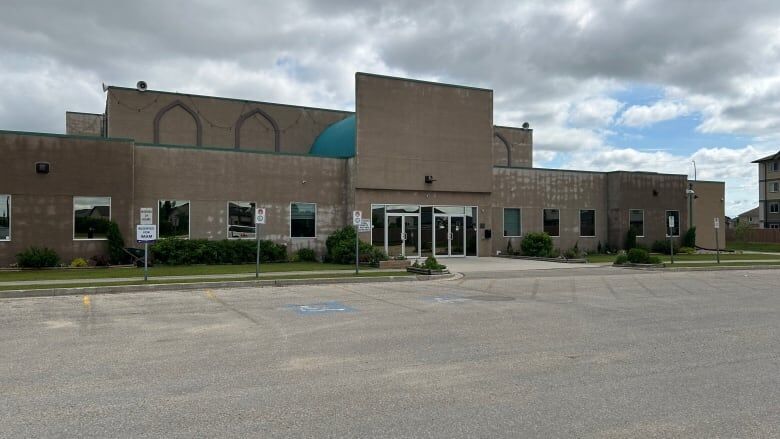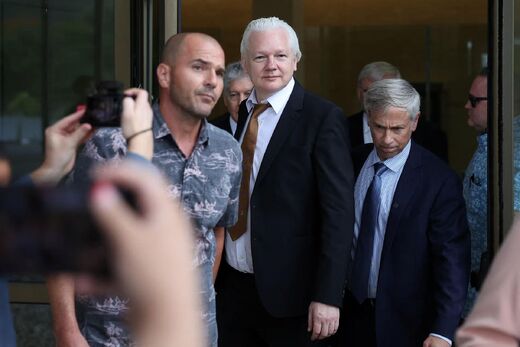
Winnipeg police said they responded to a call involving a man in distress with self-inflicted injuries at the Waverley Grand Mosque Saturday afternoon.
Hakim Ghulam, a board member at the Manitoba Islamic Association, told CBC News on Sunday that the youth self-immolated sometime after afternoon prayers. He died later that night, Ghulam said.
"It's a family who lost their loved one, and we are with them and with others who are struggling in this difficult time," he said. "But we need to reflect upon it."
The Islamic Association and the police did not provide further details on the youth's identity out of respect for the family. But Ghulam said the family wanted it to be known he was suffering from mental health issues.
Comment The article, especially the headline - Youth's death shows more mental health supports needed in Winnipeg - seems to focus on the man's mental health issues - and there's little speculation as to his motivation - however in Canada mental health 'support' includes euthanasia (aka MAID).
The incident happened on the eve of Eid al-Adha, a multi-day celebration commemorating the sacrifice of prophet Ibrahim.
More than 15,000 people showed up for prayer at the RBC Convention Centre on Sunday. There were also French-language services at the Franco-Manitoban Cultural Centre.
The Waverley mosque was empty Sunday afternoon, and certain areas have been closed to the public.
On Sunday, the association issued a statement urging for the removal of barriers to accessing mental health resources.
"On this day of Eid, otherwise a day of celebration, our community is deeply saddened," the statement said, adding that global issues such as the war in Gaza are impacting Muslims across the world.
"We cannot have positive mental health in the context of a racist, Islamophobic and genocidal world. And we cannot alleviate mental health concerns in a world that does not prioritize mental health as health."
Ghulam said the association has mental health counsellors who work with them. But he added that the community as a whole, including politicians, all need to do their part.
"We need to work together. We need to take care of each other much more," he said.



Comment: A statement from the Mosque was issued: Indeed the man may have suffered psychological problems, however his immolation is notable in light of the others in recent months, all of which were associated with their protest against Israel's escalation of its genocide in Palestine; and that protest includes all nations complicit: